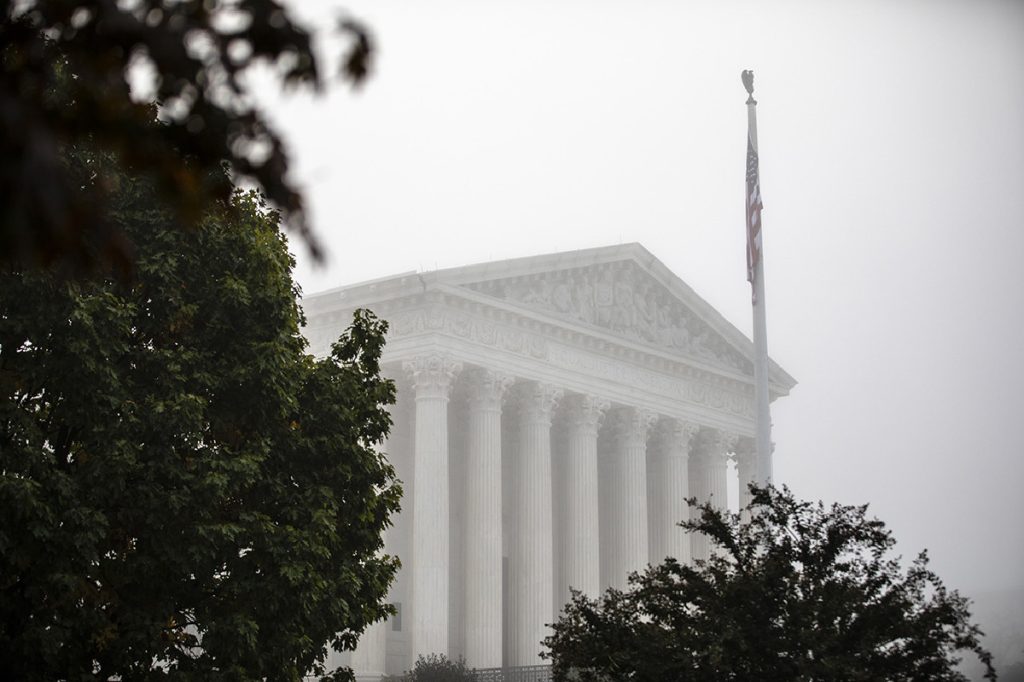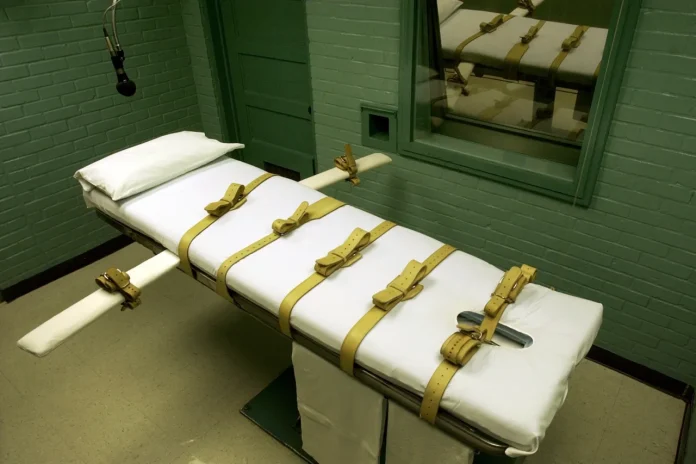The South Carolina Supreme Court has ruled that the state’s death penalty, which includes the options of a firing squad, lethal injection, and the electric chair, is legal. This decision, agreed upon by all five justices to some extent, may resume executions in a state that hasn’t carried out a death sentence since 2011. However, two justices questioned the legality of the firing squad, and one considered the electric chair to be cruel and unusual punishment.
Associate Justice John Few, writing for the majority, stated that the death penalty law is legal because offering three methods of execution suggests lawmakers aim to minimize pain, making the death penalty as humane as possible. Up to eight inmates have exhausted their traditional appeals, but the timeline for restarting executions remains uncertain, especially since death row lawyers may still appeal the ruling.
Since the reinstatement of the death penalty in 1976, South Carolina has executed 43 inmates, most of whom chose lethal injection. Justice Few emphasized that providing a choice of execution method cannot be deemed cruel since inmates can select the method they believe will cause the least pain.
Executions in South Carolina ceased in 2011 due to the expiration of lethal injection drugs and pharmaceutical companies’ refusal to supply more if publicly identified. In 2021, lawmakers approved the use of a firing squad to provide an alternative to the electric chair, prompting inmates to sue, claiming these options were unconstitutional.
In spring 2023, the Legislature passed a shield law to keep lethal injection drug suppliers anonymous. By September, the state had secured pentobarbital and changed its lethal injection method from a three-drug protocol to a single drug. The Supreme Court allowed inmates to challenge the shield law for its lack of transparency regarding the drug’s potency, purity, and stabilization.
South Carolina has 32 inmates on death row. Four prisoners are actively suing, with four others having exhausted their appeals, though two await competency hearings before execution can proceed, according to Justice 360, an advocacy group for fairness and transparency in death penalty cases.
In February, the state argued before the Supreme Court that lethal injection, electrocution, and the firing squad all comply with death penalty protocols. Grayson Lambert, representing Gov. Henry McMaster’s office, noted that courts have never mandated executions be instantaneous or painless. However, lawyers for the inmates supported Circuit Judge Jocelyn Newman’s decision to halt executions by electric chair or firing squad, citing expert testimony on the severe pain caused by these methods.
Regarding the shield law, inmate attorneys argued that transparency about the drug supplier and guidelines for drug testing is crucial, as improper drug potency could result in severe pain or insufficient execution.

Justice 360 lawyer Lindsey Vann highlighted the unprecedented lack of transparency in how executions would be conducted under the shield law. Nevertheless, inmate lawyers acknowledged that lethal injection could be legal if conducted with proper protocols and information, similar to other states and federal practices.
Read More: Sonya Massey Shooting: Body Cam Footage Released
South Carolina used to average three executions per year, with over 60 inmates on death row when the last execution occurred in 2011. Successful appeals and natural deaths have since reduced this number to 32. In the past 13 years, only three new prisoners have been sent to death row, as rising costs, a shortage of lethal injection drugs, and stronger defense strategies have led prosecutors to increasingly accept guilty pleas and life sentences without parole.

